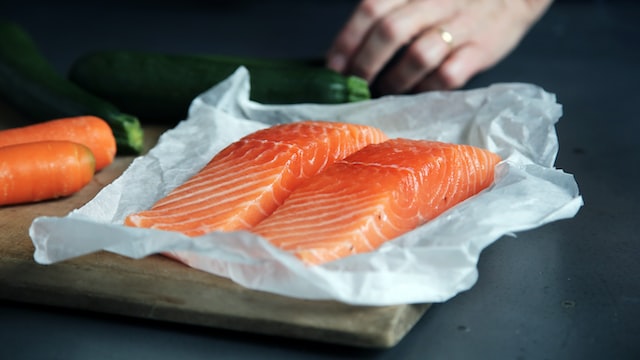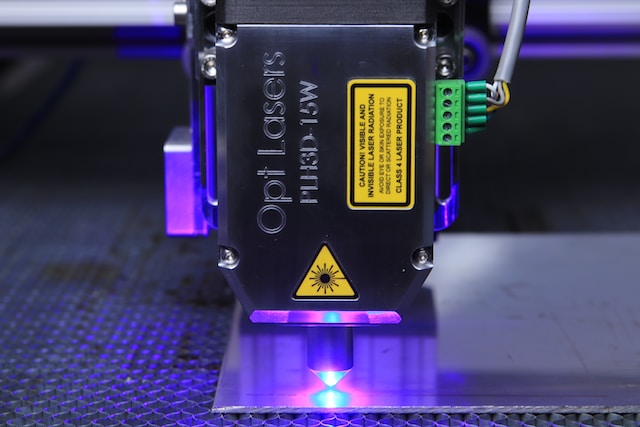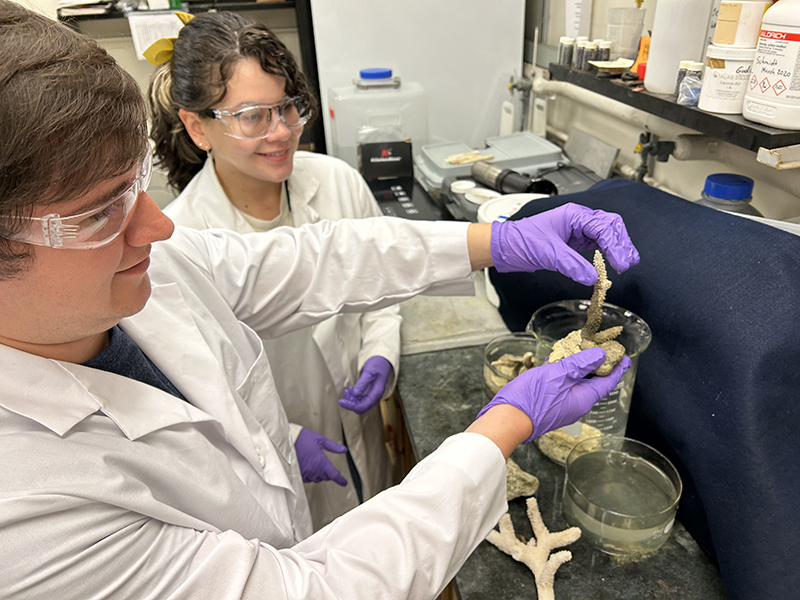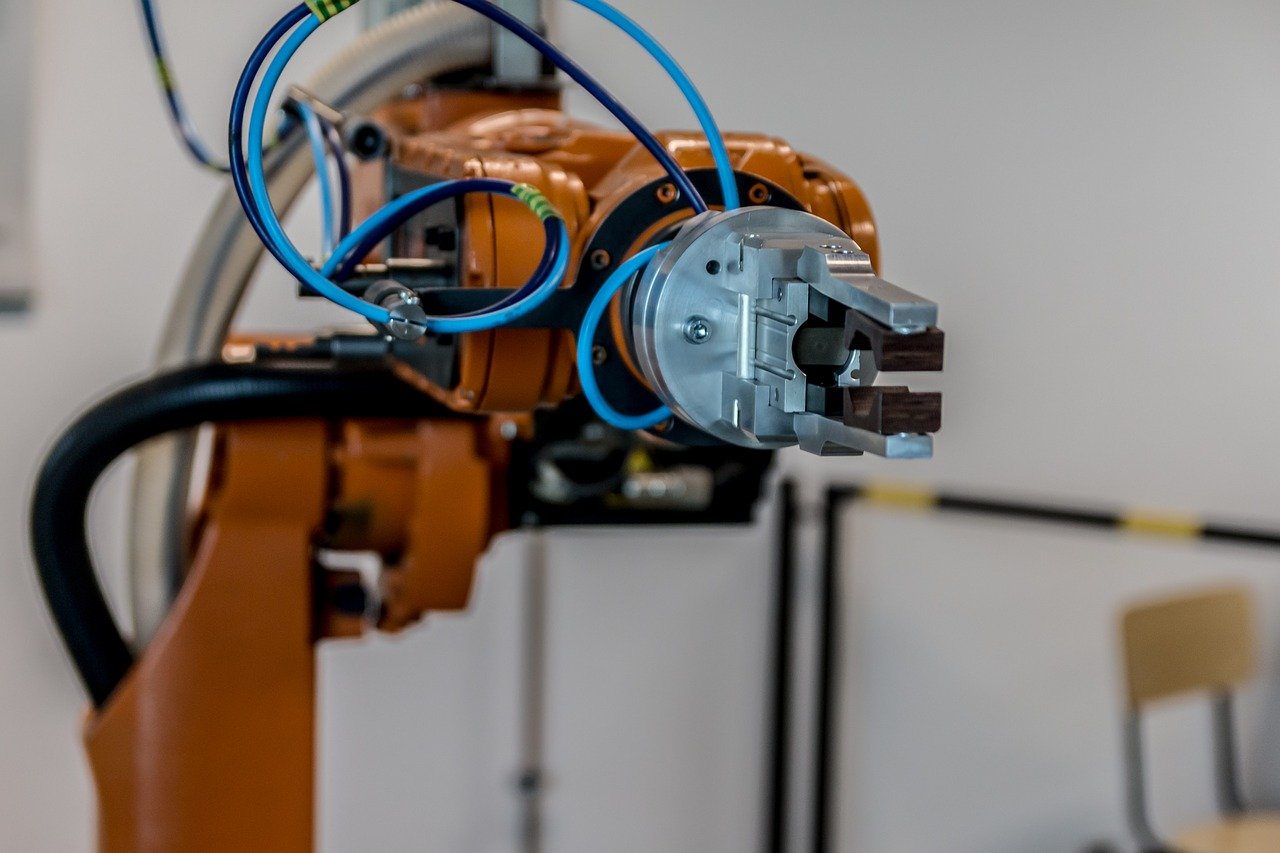It looks and tastes like salmon, but it is actually a veggie. A breakthrough technology that has the potential to change the food sector. Food scientists at New School Foods, an all-protein food company, have invented a novel technology that replicates salmon’s flavor and structure almost exactly.
The new technology allows the creation of alternatives for cut flesh with the creation of alternatives for sliced flesh that have the same appearance and texture as traditional fish. Its primary focus is on producing fish analogues in whole cuts, which the company believes is untapped in the meat substitute industry.
The plant-based fish is made of protein and looks and tastes like genuine salmon. New School Foods’ mission with this product is to solve two issues: the quality of salmon substitutes and the restricted technique that industry employs to produce them.
The key goal is to provide the proper components of whole meat while keeping natural scalability. The Canadian company’s entire cuts are created from plant-based fibers that mimic the diameter, length, strength, and structure of fish fibers, as well as the texture and palatability of fish.
The fibers are linked with plant-derived connective tissue, lipids, tastes, and colors, and transform during cooking in the same way that actual fish does, reproducing the salmon cooking experience and texture quality.
The investment of US$12 million in New School Foods, which was announced earlier this month, will facilitate the continuation of this technical expansion. The innovation has caught the attention of a number of investors, such as Lever VC, Blue Horizon, Hatch, Good Start-up, Alwyn Capital, and Joyance Partners, as well as various investment arms from organizations such as Protein Industry Canada.
“Artificial food” is now being developed in a number of places all over the world. For a very long time, people all around the world have introduced a number of methods to produce fake flesh derived from fish, which was followed by numerous other studies and patents pertaining to the creation of artificial meat. And a large number of businesses were engaged in the production and distribution of fake meat derived from pigs, fish, or poultry.
The synthetic meat market is rapidly expanding and becoming increasingly significant as technology advances. People will be able to choose between a fake meat stall and a meat stall in the future when they go to any store.







